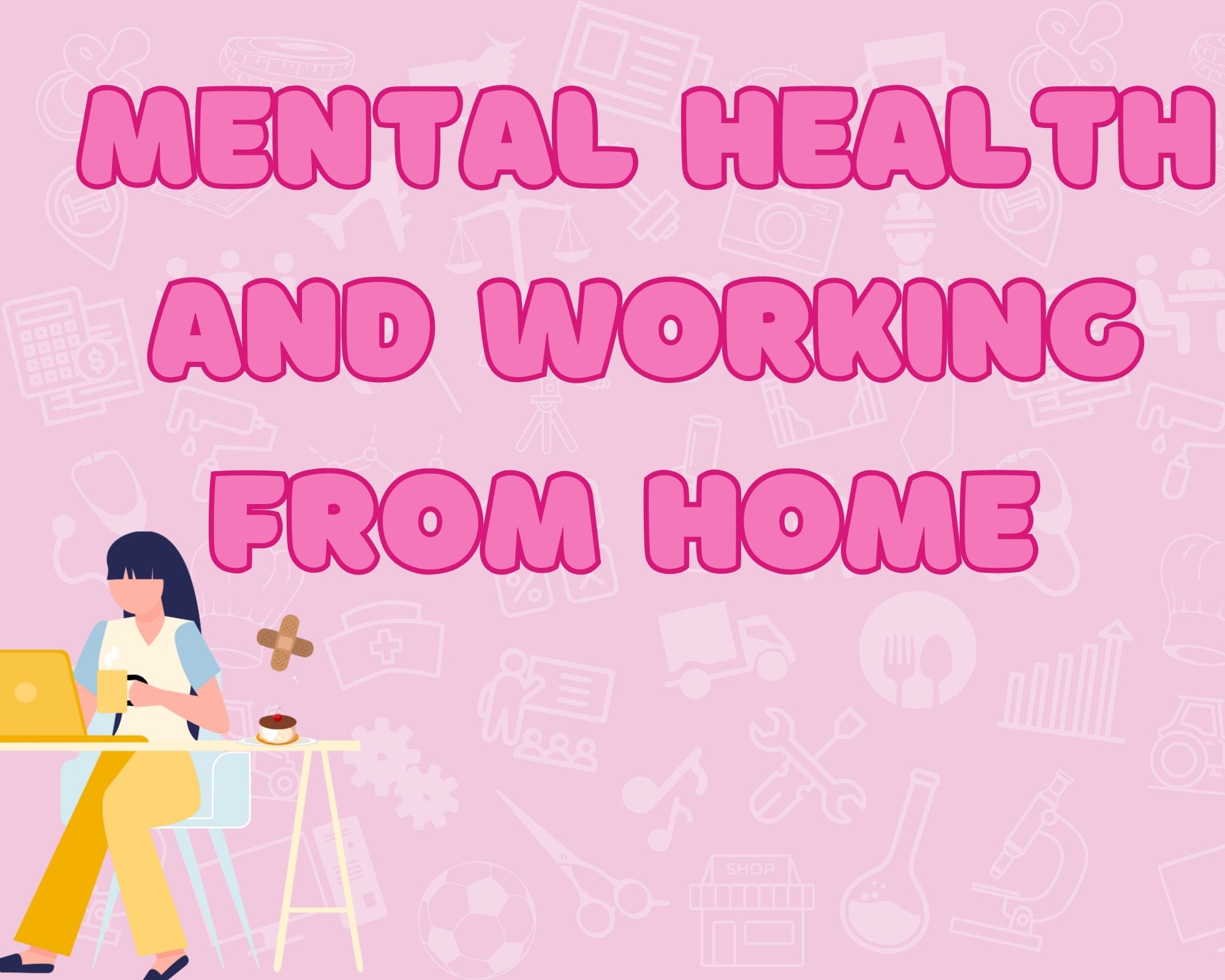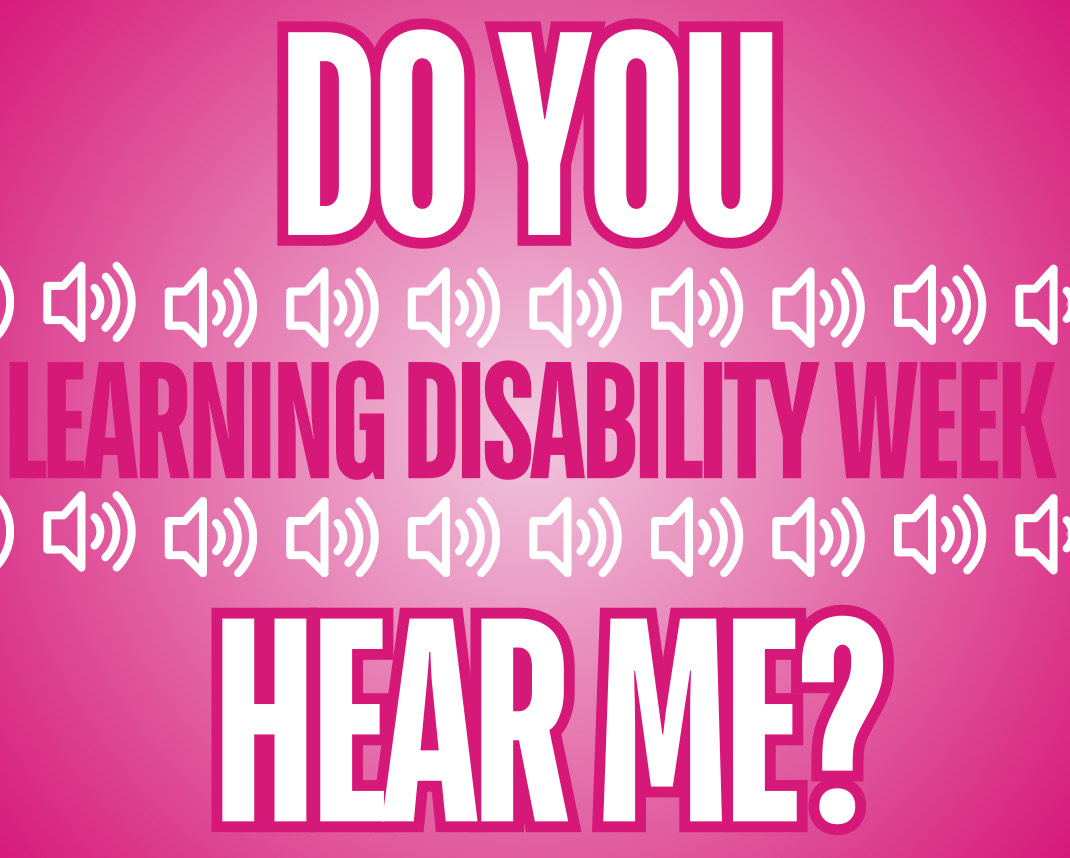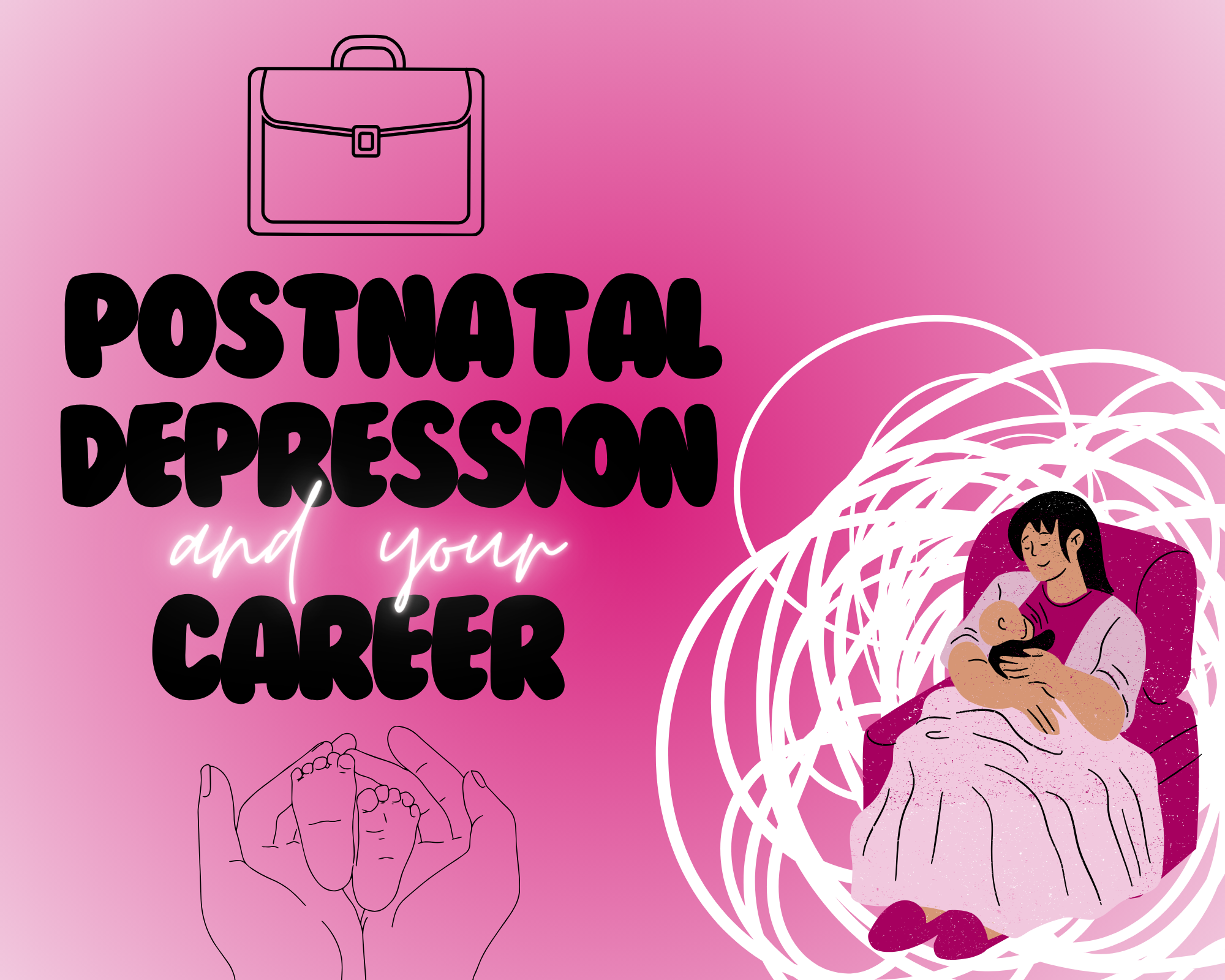As new-starters find themselves plonked in their childhood bedrooms as they commence their working life, what are some ways we can combat anxieties surrounding work from home?
Werk magazine has spoken to a psychologist and happiest strategist in order to garner some tips on how best to set up your working space from home, as well as Fran Mayhew, a 24-year-old who’s had multiple jobs working remotely.
The term WFH is thrown around across a lot of different career sectors, but what are the statistics? Forbes found that as of June 2023 10% of UK workers worked fully remotely, 29% did some of the time (hybrid), and 39% were unable to work from home.
At nearly 30%, new employees are relatively likely to be offered a hybrid style of work – so with part the week in the office and part in the comfort of your own abode, what are some WFH realities to be aware of, and are there any tips to tailor your WFH routine to give you the most positive working experience.
Firstly, what does mental health actually mean? Zoe said: “mental health is all about looking after yourself and being able to manage and understand the parts of your life that make you feel not as mentally strong.
“Mental health is such a big term, it can feel quite mammoth and really intimidating, but it’s about pinpointing what it means to you and tailoring your routine and working day to best fit that.”
When taking a job that involves working remotely, either full time or hybrid (where part is in the office part at home), it’s important to consider how you can best optimise your WFH space and routine in order to keep your mental health in the best shape possible.
The World Happiness Report recently depicted that happiness has dropped amongst young people, and for the first time in the history of the report, our parents’ generation is actually happier than ours. Zoe said that a big contributor to this was the rise in jobs working remotely.
Let’s be honest, in our parents’ generation when applying for jobs little emphasis was given to what career might be best for your personality type and how any mental health conditions a person suffers with could impact their happiness at work. But for those with anxiety, WFH might be actually good option.
Zoe said: “if you suffer with anxiety the office can be a really triggering place. For these people working remotely and building up their confidence over zoom at home can be really beneficial. But there’s the other side of that coin, because if these people aren’t putting themselves in environments where they feel out of their comfort zone a little bit, they’re always going to stay feeling that way.
“They’re not going to be able to flex that muscle and test it.”
In the same breath, the ease of WFH for people with depression can mean that the impending doom of starting another new day is made a little less intense. Zoe said, “Being able to just get up in their own time, open their laptop and go at a slower pace could potentially be positive for someone who’s going through a stressful episode.”
If you suffer with mental health conditions like anxiety or depression, a job WFH in the comfortable, familiar setting of home can really help lower stress and anxiety levels surrounding busy environments, constant social interactions throughout the day, and distractions from colleagues affecting your productivity. But Zoe emphasised that where possible, it should always be treated as a short term and not long term solution.
“For these groups, in order to improve their lives a lot of work is about gradually reintroducing them into society and building those social interaction levels back up so they can have functioning relationships that prevent isolation and loneliness.”
Fran Mayhew, aged 24 currently training to be a Social Worker has worked multiple jobs remotely. She worked as a Generalist Advisor for the Citizens Advice, working with clients looking for advice about benefits, housing and legal issues. She said “There was lots of impacts working from home for me. I suppose there were some positive impacts – I was saving on the bus, or saving on driving. But I was also missing out on exercise and fresh air.”
“I think the biggest negative impact was that I really missed the interaction with my colleagues. I had lots of really nice colleagues at Citizens Advice and I really missed talking to them every day – so I definitely found that really difficult.
“I also found it difficult waking up at home, working at home, staying at home in the evenings, there was no change of scene, so I found that life became quite dull and quite depressing. It definitely negatively impacted my mental health, not being able to get outside, go to the shops on my lunch break, chat to other people, just staring at your laptop all day I got a lot of headaches.”

For young colleagues starting a new role WFH, Zoe’s biggest tip on combatting concerns around the lack of interaction with your team was to set the tone early that you’d like to form relationships and connections.
She said “If you want to create more of a connection with people at work, drop everyone a message in the first couple months of joining the team. If it’s larger team and there’s say 50 people, treat it as a goal for the year.
“Reach out and aim to have a coffee with as many people as you can. Drop a message and say ‘Hey! I’m new to the team. Obviously hybrid working makes it a little harder to interact with people, so I’m looking for ways to connect.”
Team socials and events are equally a brilliant way to connect with colleagues when working fully remotely or hybrid. Zoe suggested it as a really useful interview question to ask an employer if team socials are on offer if it’s something you know you prioritise in a new role.
Particularly for new employers keen to get stuck into the workplace antics and office drama, the reality of WFH is it can be socially isolating and make your working life feel flat. But when struggling with the monotony of daily life when WFH Fran stressed the importance of routine, routine, routine.
“You’ve got to be on it with getting up in the morning. It was so easy to wake up five minutes before work and work in my dressing gown, and I would do that a lot, but you just end up feeling miserable, kind of rushed and stressed, and if someone caught you off guard with a teams call then you’d feel like you were looking rubbish and you weren’t prepared.
“It’s so important to just get that routine, get up on time, have a shower, get dressed and keep in that routine that you would have with a job where you go into the office.”
Zoe stressed the importance of asking employers at interview stage about how the team connects if that’s something that’s important to you.
Fran now works in person every day, she advised young women in a similar position what to be aware of if your first job is working remotely. “I can understand why when people have children they’re older, they have more experience they know what they’re doing, why wfh would work and it’s really flexible with childcare and that kind of thing, but I think when you don’t have those ties when it’s you first job it can be so socially isolating.
“We’re in a climate where young people aren’t moving out because it’s so expensive, but if you can it’s nice to get out the family home and have a space that’s yours.
“You can into an adult and really find your own in a new job the office is a great place to do that kind of separate from your home life, and then you can go home and have your home routines as well.”
Working from home doesn’t have to be a mental maze. By prioritising self care and routine, your sanity really can be kept intact, and recognising the potential mental impacts for yourself from working remotely, you can put yourself in the best position to tailor a routine that suits you and your needs.
As covid continues to become a distant memory in the working world, for those whose mental health is sacrificed we can hope working from home gradually dies out. But if you’re more suited to working from home, and enjoy the perks of nipping off to the shop during your day, having more time for gym classes and walking your dog, then keep indulging in those perks!
Since more people are working from home, work attire has changed. If you want to read more about incorporating your own personal style into your work attire read more – https://werkmagazine.co.uk/2024/05/21/dress-for-success-incorporating-individual-style-in-the-workplace/.




